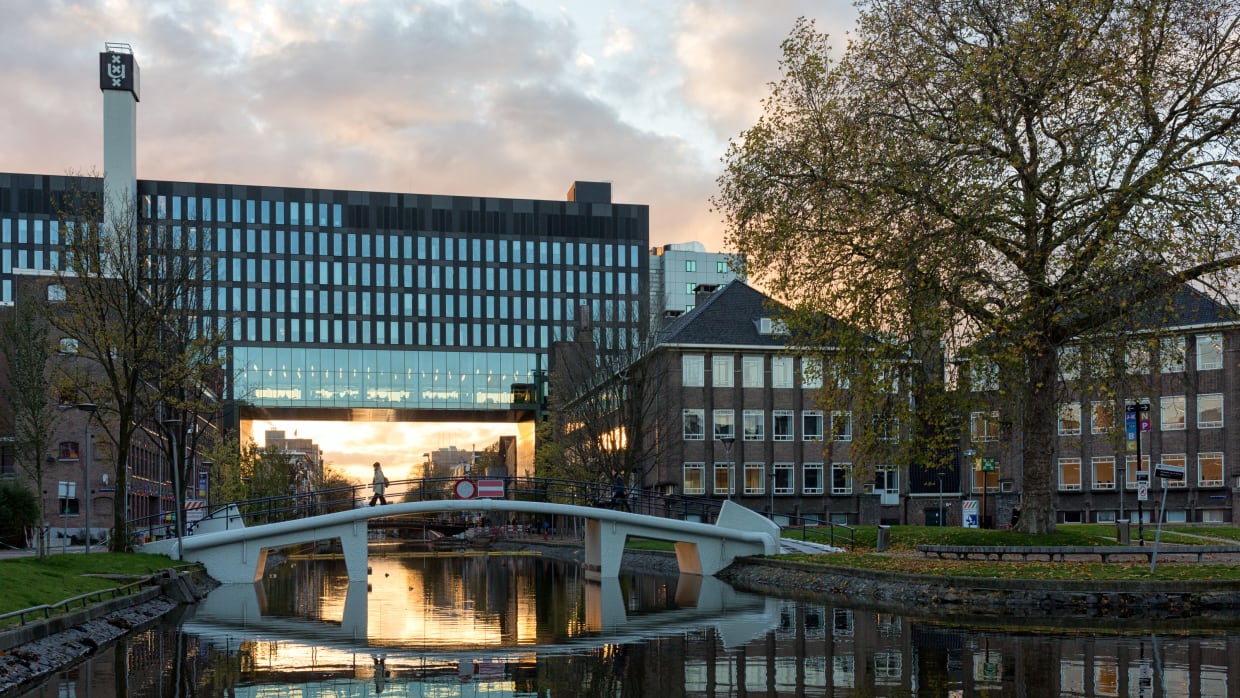Over the last four months I have been working as a marketing and communications intern, at a Dutch non-governmental organization that focuses on different nature-based regreening techniques, as a solution to battle climate change and cool down the planet. The organization’s efforts have been highly effective over the past years, with more than 400.000 hectares of degraded land being under intensive restoration as well as the restoration of more that 14 million trees, in various African countries. Even though the scale of the projects have been successfully expanding, the team working in the Amsterdam office is still quite small, with only 27 employees, working across different sectors such as communications, business development and finance. Although my experience at the internship has been highly positive, due to the small size of the company, a few challenges have arisen, due to the small size of the company.

Working in an organization with a small number of employees can create challenges when setting professional boundaries. Firstly, this is due to the fact that the smaller number of employees has led to a close knit and personal environment, where everyone considers their colleagues to be friends. This can quickly blur the lines between personal and professional. Adding onto this, the small number of specialized personnel for different sectors can lead to multiple responsibilities and a higher workload. The lack of personnel and friendly environment can make it difficult to reject favors or help on additional projects when asked for assistance, even though this might not fit into one’s own workload or schedule. From this challenge I have learned the importance of clearly dividing tasks and being honest about workloads, in order to avoid feeling an obligation to take over additional responsibilities.
As mentioned prior, every team (such as the communications team I am working for) only has a small number of specialists. In combination with the large extent of the projects, this leads to every individual, especially managers and supervisors for the interns, to be quite busy. Thus, when working on projects and needing assistance from these managers, the thoughts and ideas often become lost for a period of time, as there are so many other priorities that require special attention. Through this my confidence has grown immensely and I have learned to push my ideas and concerns more.
Lastly, being the only non-dutch person part of the team can present challenges of their own, even if one has created good relationships with the colleagues. The language barrier can sometimes make it difficult to actively participate in conversations or understand the nuances of discussion happening around. In these scenarios I have learned that confidence is key, by politely inquiring what the topic of conversation is or asking to switch to English. Being assertive and trying to stay involved has shown my interest in the team and work to those around me and has only created better foundations with colleagues.
Challenges like the ones mentioned in this blog can be demotivating at times. However, they have really made me grow as a person, especially in the aspect of working on my confidence in a working environment. It’s important to remember: Even though you’re working a ’lower’ position as an intern, your thoughts, opinions and feelings matter and you don’t have to be scared to voice them. It definitely is true: honesty is the best policy!


